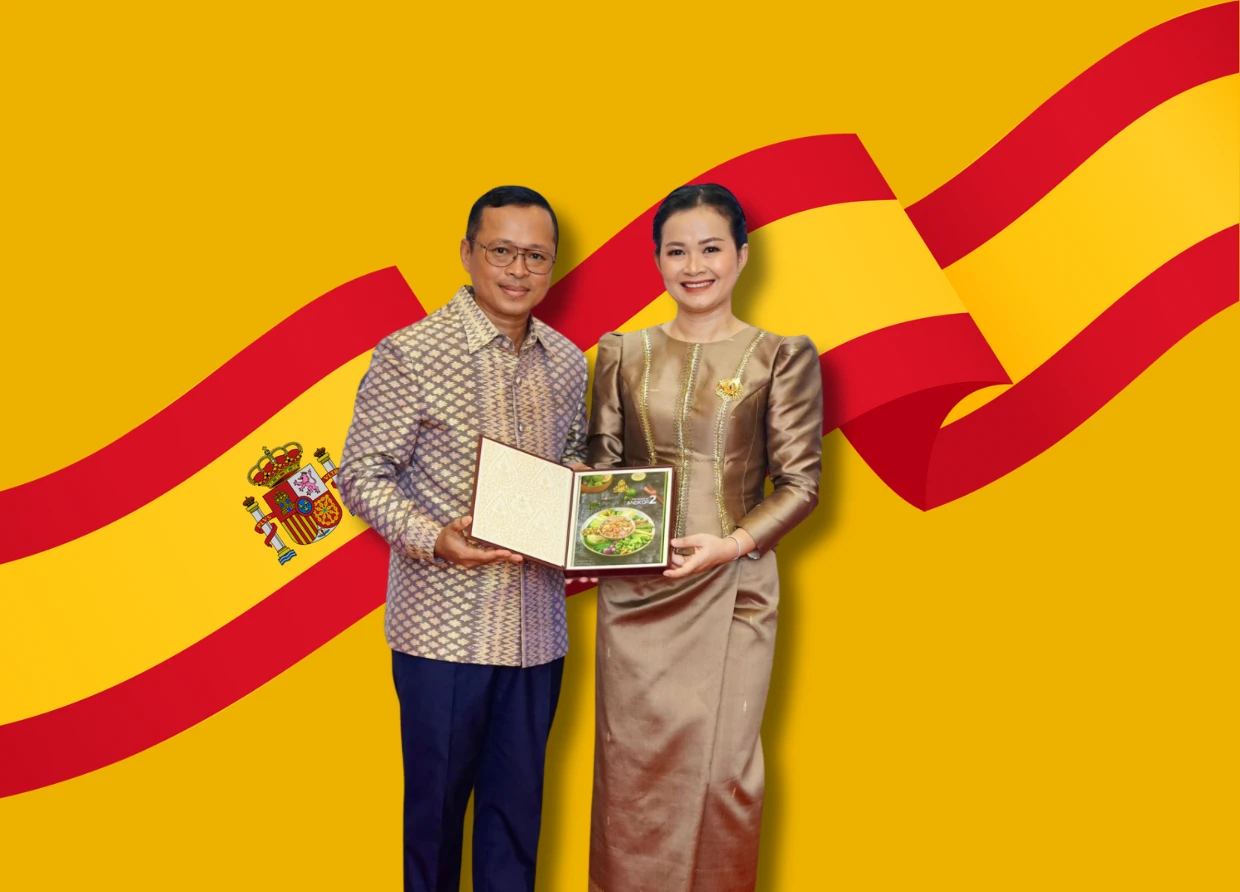DIAN PURNOMO ON ‘PEREMPUAN YANG MENANGIS KEPADA BULAN HITAM’
Dian Purnomo fights the violence against women through her book titled ‘Perempuan Yang Menangis Kepada Bulan Hitam’

The S Media team had a great discussion about the novel ‘Perempuan yang Menangis kepada Bulan Hitam’ with the author, Dian Purnomo. The fiction was published in 2020 by Gramedia Pustaka Utama and opened our eyes that violence against women still happens.
Dian wants us to feel what Magi Diela, the main character in this novel who is a local woman from Sumba, feels. She's stuck in a tradition that doesn't treat women very well: the custom of bride kidnapping.
Dian Purnomo’s ‘Perempuan Yang Menangis Kepada Bulan Hitam’ was written to deliver the inaudible screams of women under oppression.
Your book Perempuan Yang Menangis kepada Bulan Hitam is very inspiring. Could you please tell us what brings you to write about this gender-based violence story?
This story comes from my anger, why women's violence still happens when people nowadays have started to explore the moon. My previous job talked about this thing a lot, so I have been exposed to this many times. I got residency in Sumba in 2019. I heard about the cases of bride kidnapping in Sumba which happen often.
View this post on Instagram
So I conjured a story where the perpetrators of the custom of bride kidnapping were brought to justice, but, in reality, there are no cases that have been taken seriously.
Magi Diela is a fictional character that I created based on a collection of true stories that I found in the field.
Could you please tell us what is your writing process for Perempuan Yang Menangis kepada Bulan Hitam like?
First, I did some remote research.
When I got the information that the custom of bride kidnapping still existed in Sumba, I was no longer residing in Sumba (my domicile is in Jakarta). I often asked the locals there, they said there had been no cases anymore. Actually, I felt doubtful at that time.
My friends sent the links to the articles that this case was still happening after I returned from Sumba. Since then, I have started to do more in-depth research, contacted my colleagues in Sumba, read in-depth articles about that, and so on.
Then I started writing in January 2020. In April, I proposed to launch at the Ubud Writers and Readers Festival, because it was one of my goals to have a chance to launch at the festival. Surprisingly, it was accepted, even though the script was not yet finished.
After that I contacted Gramedia as one of the potential publishers, they read my script. They said okay, and we were in the editing process immediately.
What is the most difficult part of your writing process for Perempuan Yang Menangis kepada Bulan Hitam?
It’s such an honor to learn the editing process with Mbak Ruth Priscillia, my editor for this novel. The desire for revenge and anger was very thick when I worked on this novel. I would say that the most challenging part is how to end this story dramatically, but also realistically.
So, once again, I have to hurt the character of Magi Diela. In the real world of gender-based violence, if there are no physical traces of the crime, law enforcement officers will take longer to process it, they are even questioning its validity, like the evidence and all. Visual proof is usually required in rape or gender-based assault investigations, hence the cases are considered to be legally weak.
View this post on Instagram
Like the condition with the case of marital rape which is deemed to be delusional by the patriarchal society, it is difficult for us to report the custom of bride kidnapping because there is no evidence that we can see clearly. But when we find bruises everywhere, they realize that this violence is real. Magi uses this as evidence to report to the police.
That was the hardest part for me because I created Magi as if she’s my own daughter. It feels like, “How can I hurt my own child?”. But I had to end the story like that.
What comes first for you — the plot or the characters — and why?
For this novel, the characters come first. When I researched, I asked a group of local girls in Sumba about what they would like to be when they grow up. There was an answer from a girl that made me pensive, "It’s okay to be whatever it is, as long as I don't have to marry a Sumbanese man because we can't afford it."
In Sumbanese tradition, even though the dowry will be paid by the man, the cost of living still becomes the responsibility of the woman when they get married. I see this child is very progressive for a child who grows up in a traditional environment, especially those that harm women. I created the character of Magi based on these conversations.
How long have you been writing or when did you start?
I started to write when my parents asked me to write letters for my grandparents when I was in elementary school. It continued until I was in junior high school. After I got used to doing story-telling, then I tried to make a story that was inspired by the letters that I wrote. I idly sent it to the magazine, but unfortunately, there was no response.
When I was 26 years old, I reopened my old letters, and I was surprised that I could write these beautiful things. Then I published a letter into one of my novels.
View this post on Instagram
I want to be a person who influences people. After a long time trying to define how I became that, I saw that writing was my destiny. Writing can change the world. I think when we can influence people in a positive way, and that's good.
What, to you, are the most important elements of good writing?
The message that we want to convey. I think it will be very valuable if there is work that can change the way people think.
What advice would you give to a writer working on their first book?
Tell something people don't know yet. I'm always mesmerized by Mission Impossible movies or Bourne Identity. They always bring something new, the plot, the scene, the crime methods, I can watch them again and again. Try to do something like that.
In addition, state something that is almost inaudible. Because I have a background in criminology, something that is not heard is usually systematic crimes. Crimes against women are also systematic crimes. And the least heard is the voice of the victim.
#THE S MEDIA #Media Milenial #dian purnomo



























